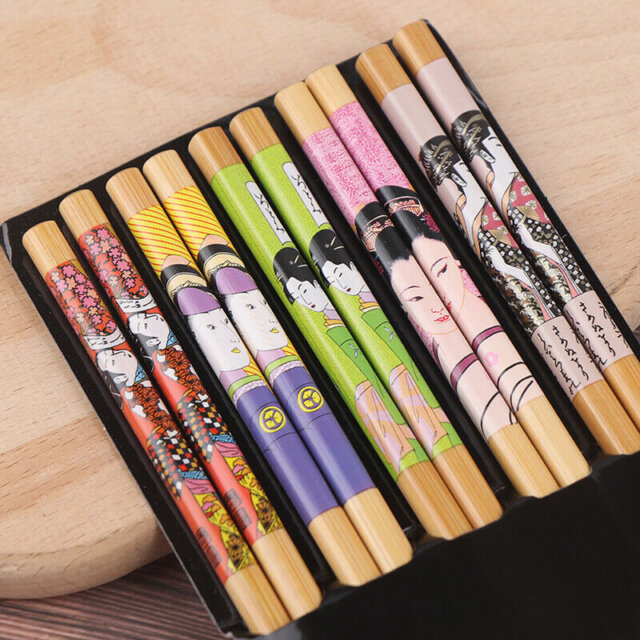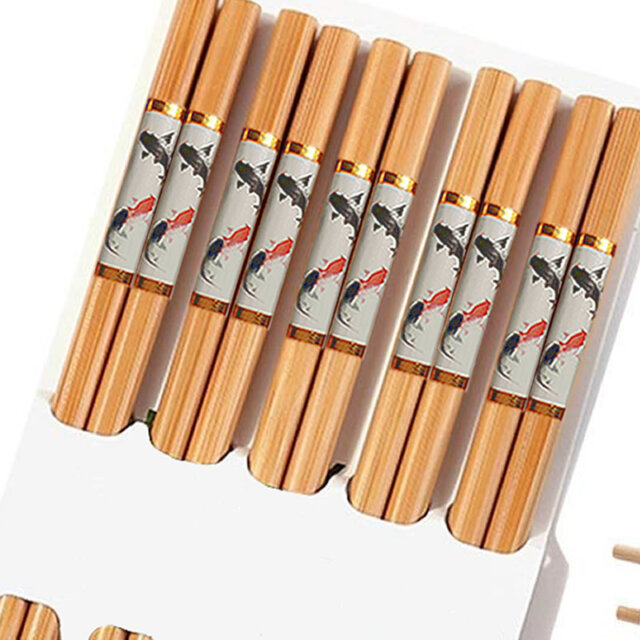Free Shipping Australia Wide, All Orders Over $150
Osechi Ryori Jubako Bento Box
$69.80 inc. GST
The Osechi Ryori Jubako Bento Box ornate temari design is revealed when stacking the trays on top of one another. They’ve been around since the 18th century, and are frequently utilised at New Year’s feasts and other occasions.
- Size: 195 x 195 x 160 mm
- Material: ABS resin
- Coating: Urethane coating
- Made in Japan
- Manufacturer: Asahi Koyo
- Pattern: Temari Balls
In Japan, Osechi Ryori is the traditional cuisine served on New Year’s Day where a variety of brightly coloured dishes are served in jubako. Each of these traditional dishes has a specific significance in terms of ushering in the New Year.
Want to be notified when this product is back in stock?
- Description
- Product Care
- Additional information
- Reviews (0)
Description
Description

Osechi Ryori Jubako Bento Box
Because of the Osechi Ryori Jubako Bento Box size, you may carry a lot of the auspicious New Year meals to commemorate the New Year’s beginning. Not just the New Year, but also vacationers and Hanami, can be used in a variety of settings.
The temari pattern on this Jubako bento box leads its inspiration from temari balls which is a traditional Japanese craft that originated in China. Introduced to Japan in the seventh century in Japanese, the term “Temari” translates as “handball.” Handball balls and other related sports may be played using embroidery-covered balls. A similar-looking accessory, but with the addition of a hand strap and tassel, can be used as a kimono bag.
Historically, temari were made from kimono scraps. Wadding up scraps of silk fabric into a ball, and then wrapping the wad in fabric strips. Traditional temari developed into an art form as the practical stitching got more beautiful and elaborate, culminating in delicate embroidery on the balls.
Rubber was introduced to Japan, and the balls transitioned from toys to art items, while mothers continue to make them for their children. Temari developed into an art and craft practised by the Japanese upper class and nobility, with noble ladies competing to create increasingly beautiful and elaborate pieces, some of which were adapted to double as handbags resembling kimono bags.
Found this product interesting? Why not view our collection of Jubako Bento Boxes or read more about the temari pattern at japanobjects.com or Jubako here: wikipedia.org.
Product Care
Katachiware tableware is known for its beauty and unique design, and proper maintenance and cleaning can help to ensure that the products that you purchase remain in good condition for a long time. In the following link we provide you with basic instructions on how to clean and maintain your Japanese style tableware. We will cover cleaning instructions for melamine products, ABS products with a painted finish, wooden products with a Urushi finish, ceramic items, and cast iron. Read more here: Product Care
Additional information
Additional information
| Weight | 0.750 kg |
|---|---|
| Availability | In Stock |
| Brand | Katachiware |
| Care Instructions | Hand Wash Only |
| Colour | Red & Black |
| Condition | New |
| Finish | Gloss |
| Made In | China |
| Material | ABS & Melamine |
| Warranty | 12 Months |
| Pattern | Wood Grain |
Reviews (0)
Be the first to review “Osechi Ryori Jubako Bento Box”
You must be logged in to post a review.













Reviews
Be the first to review this product.